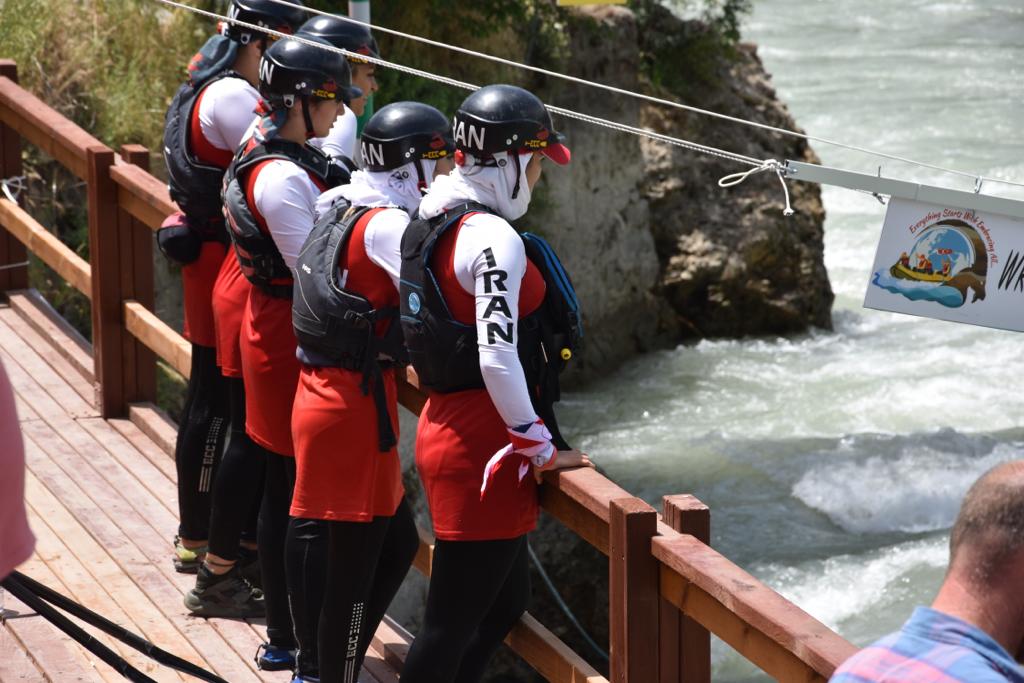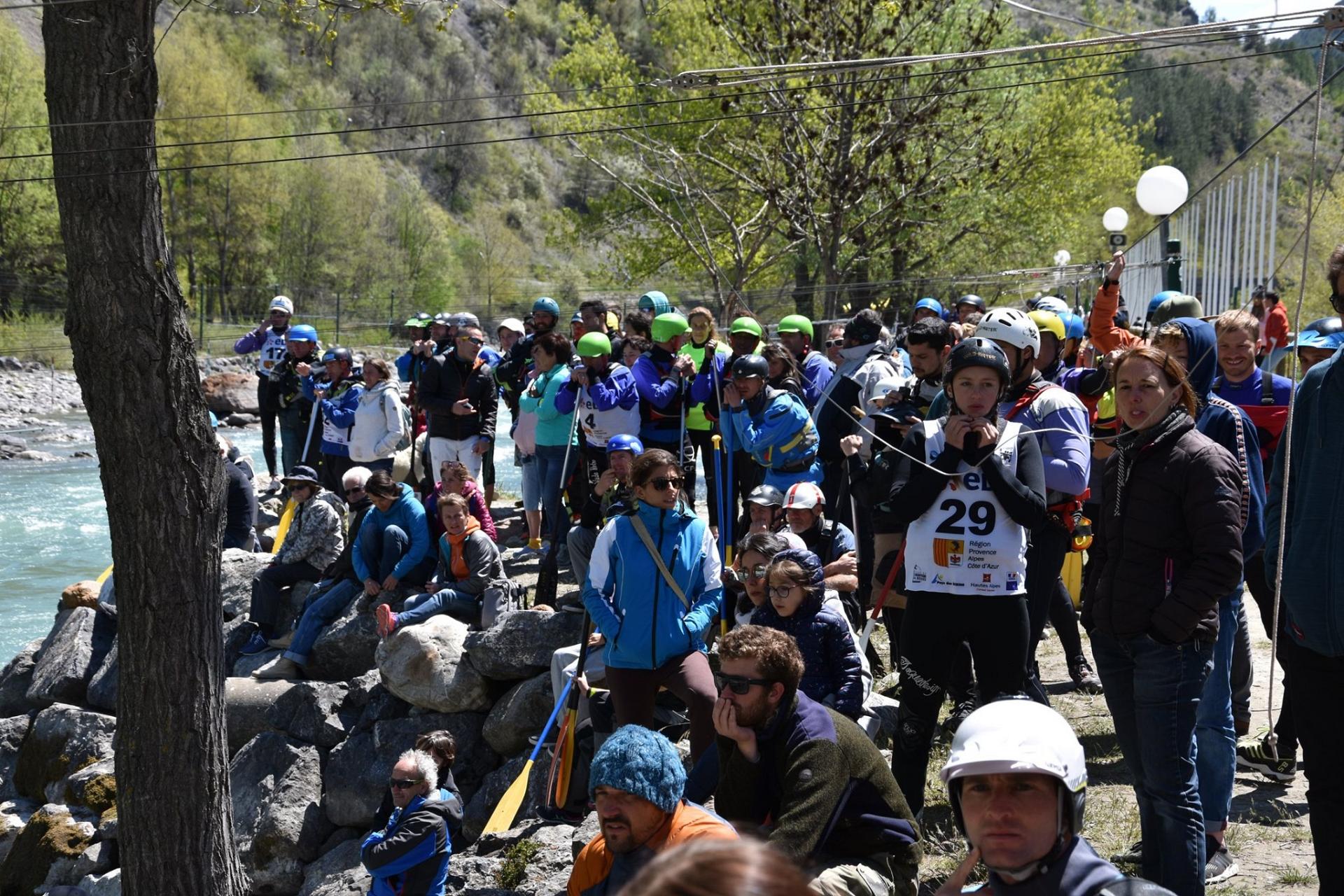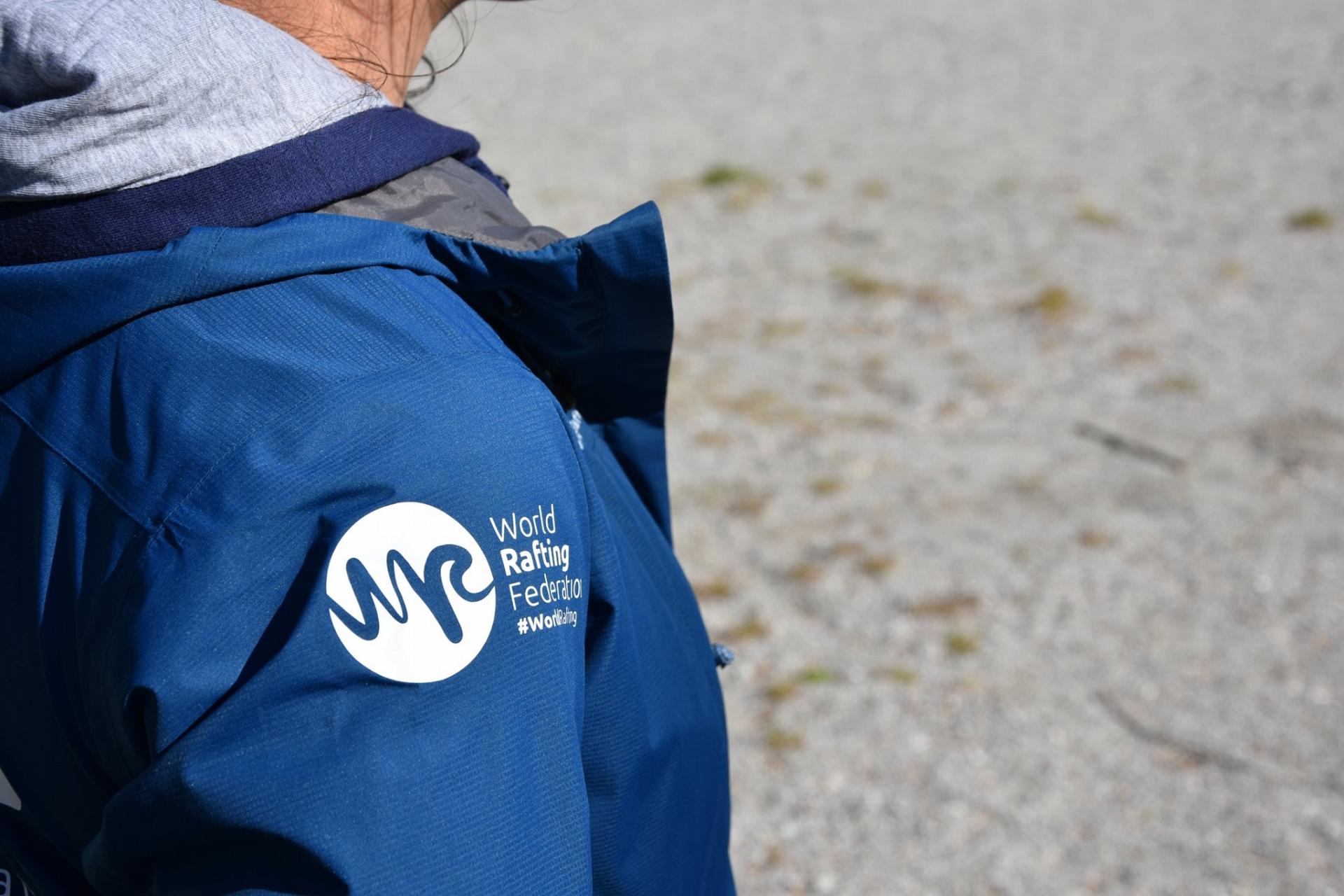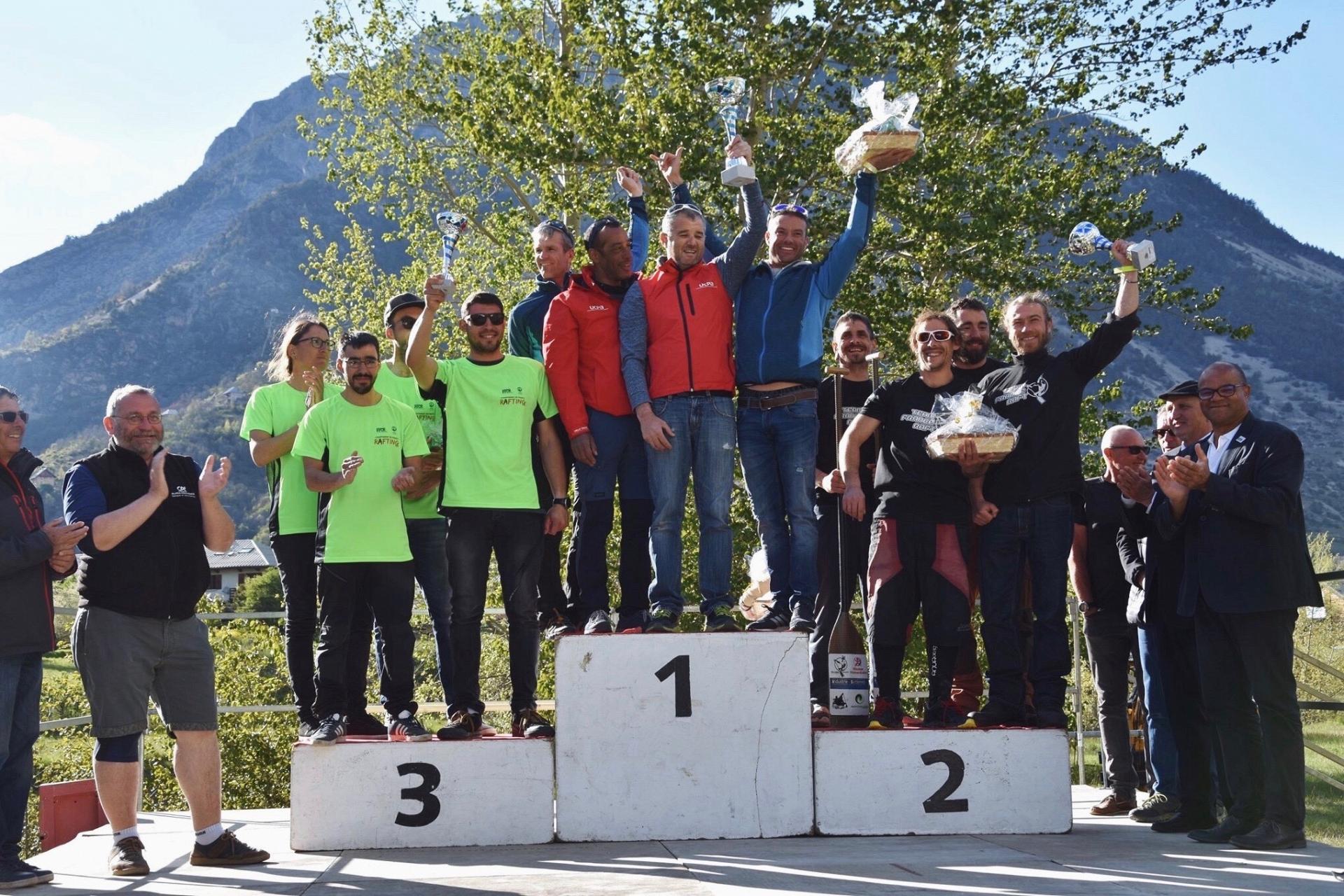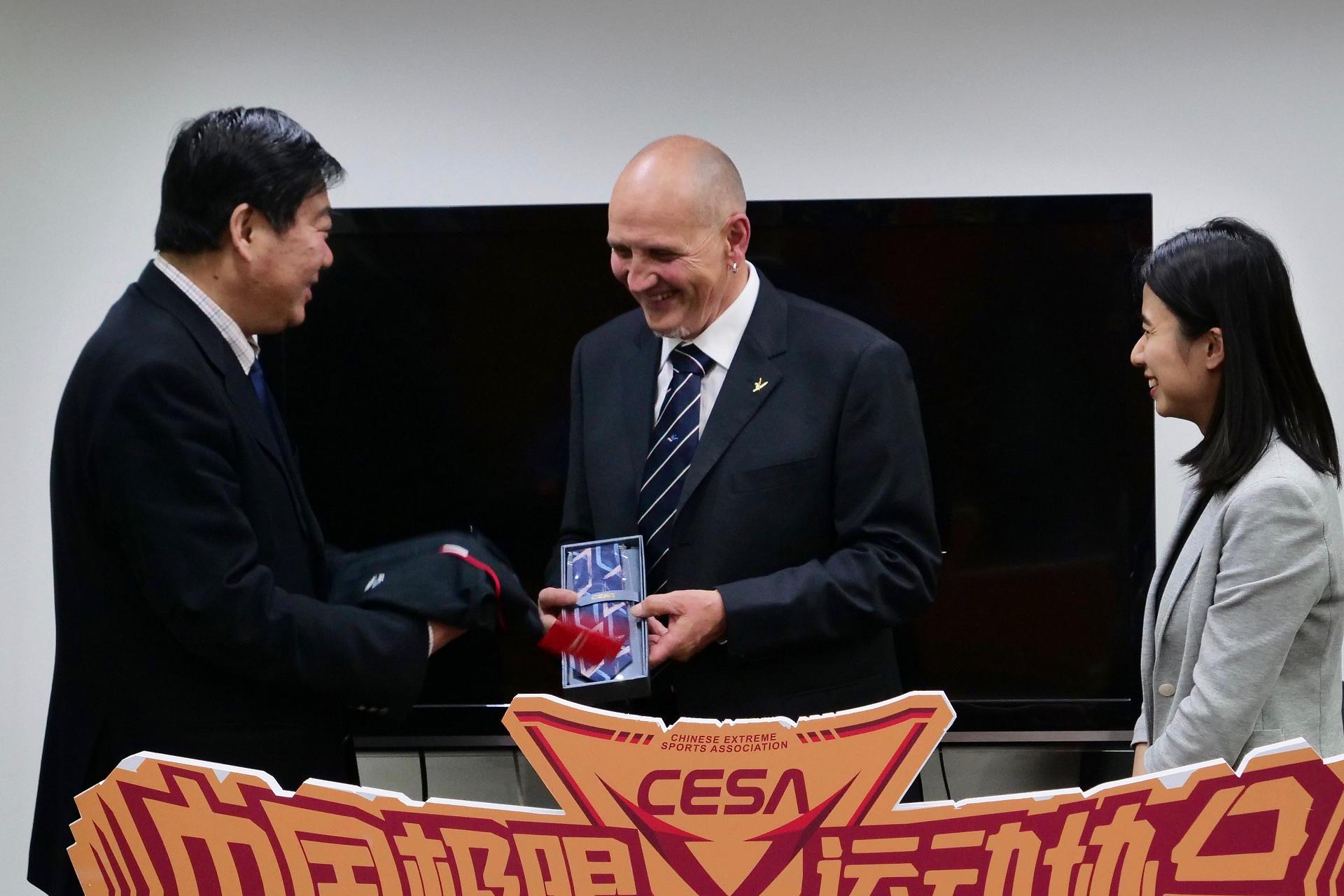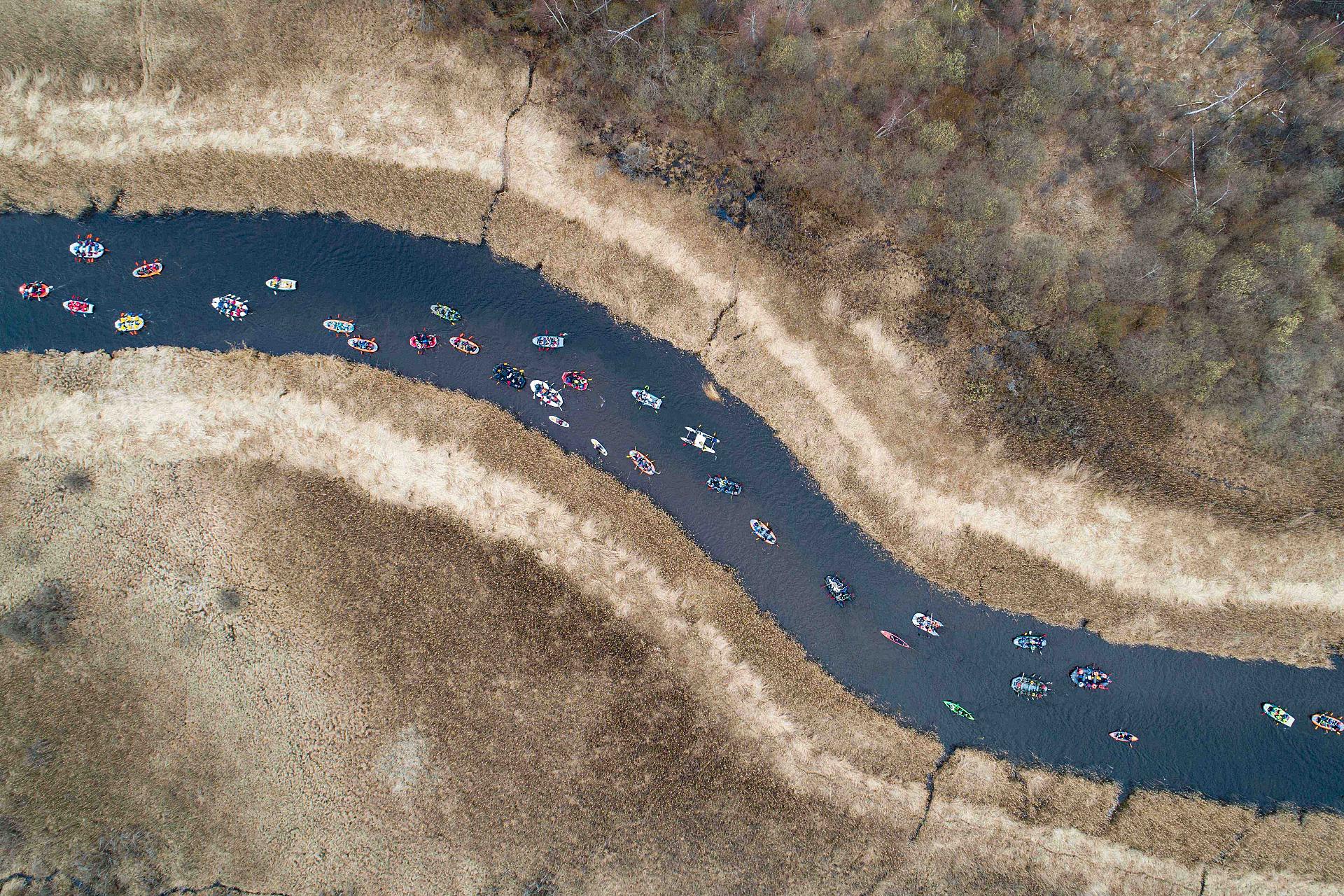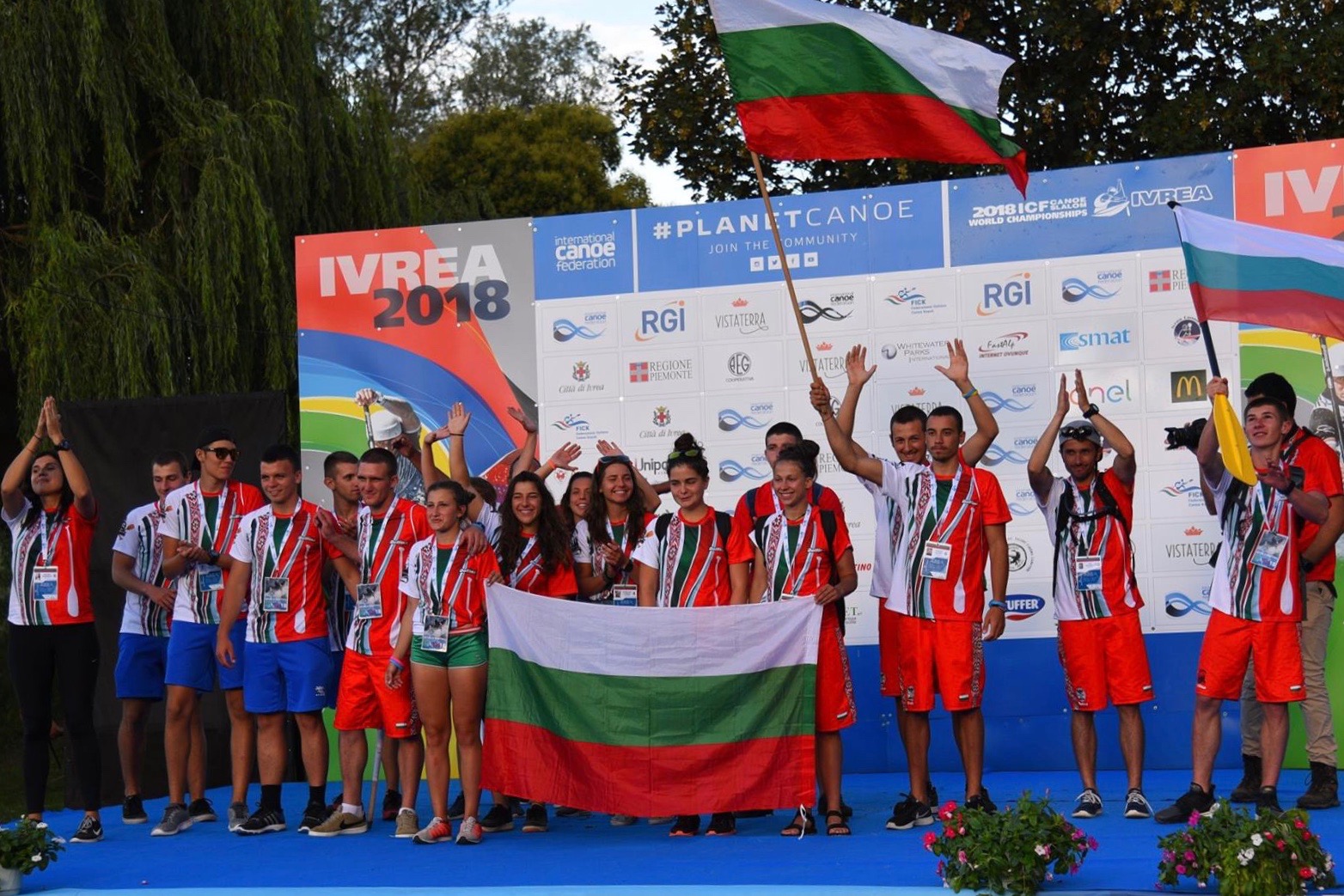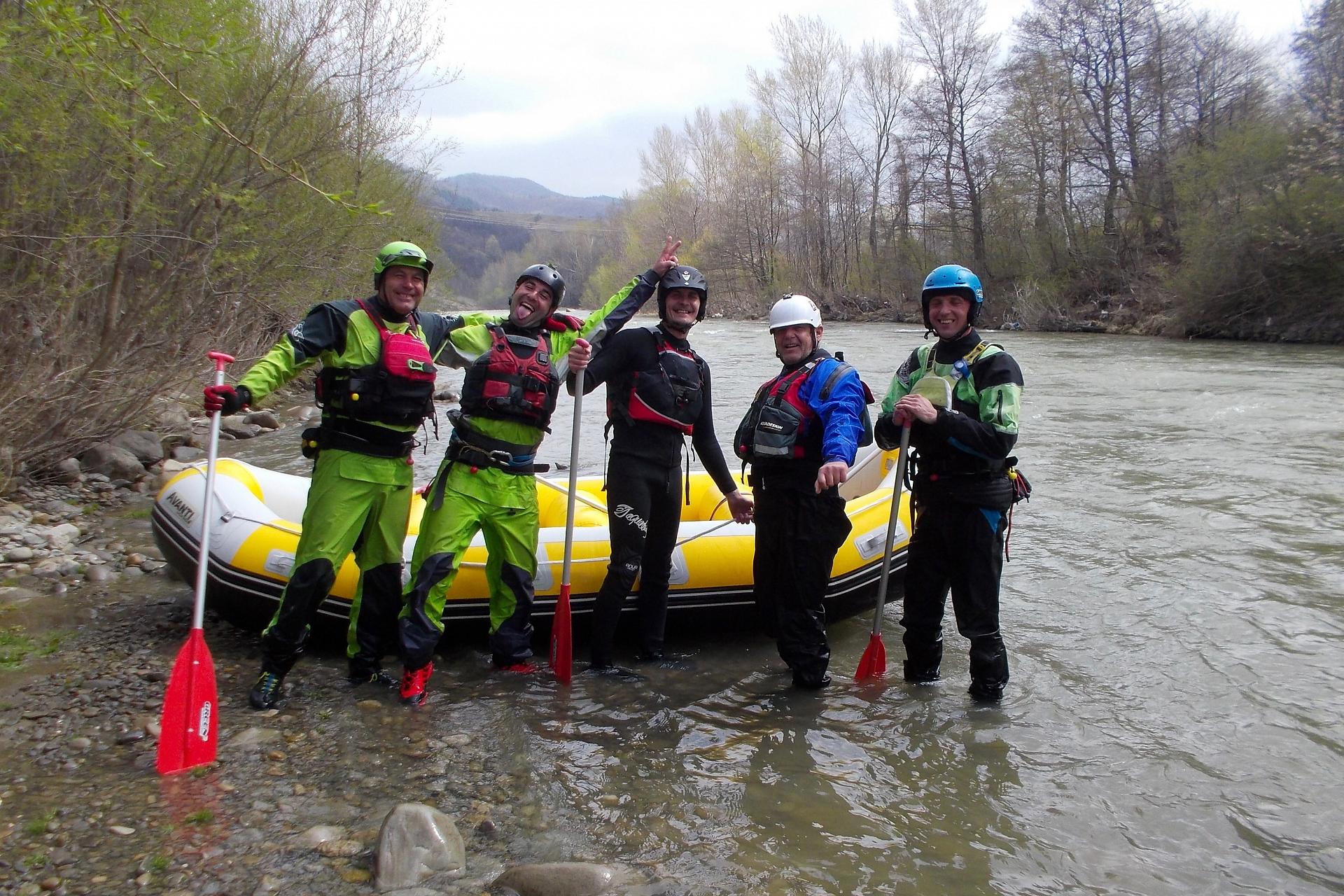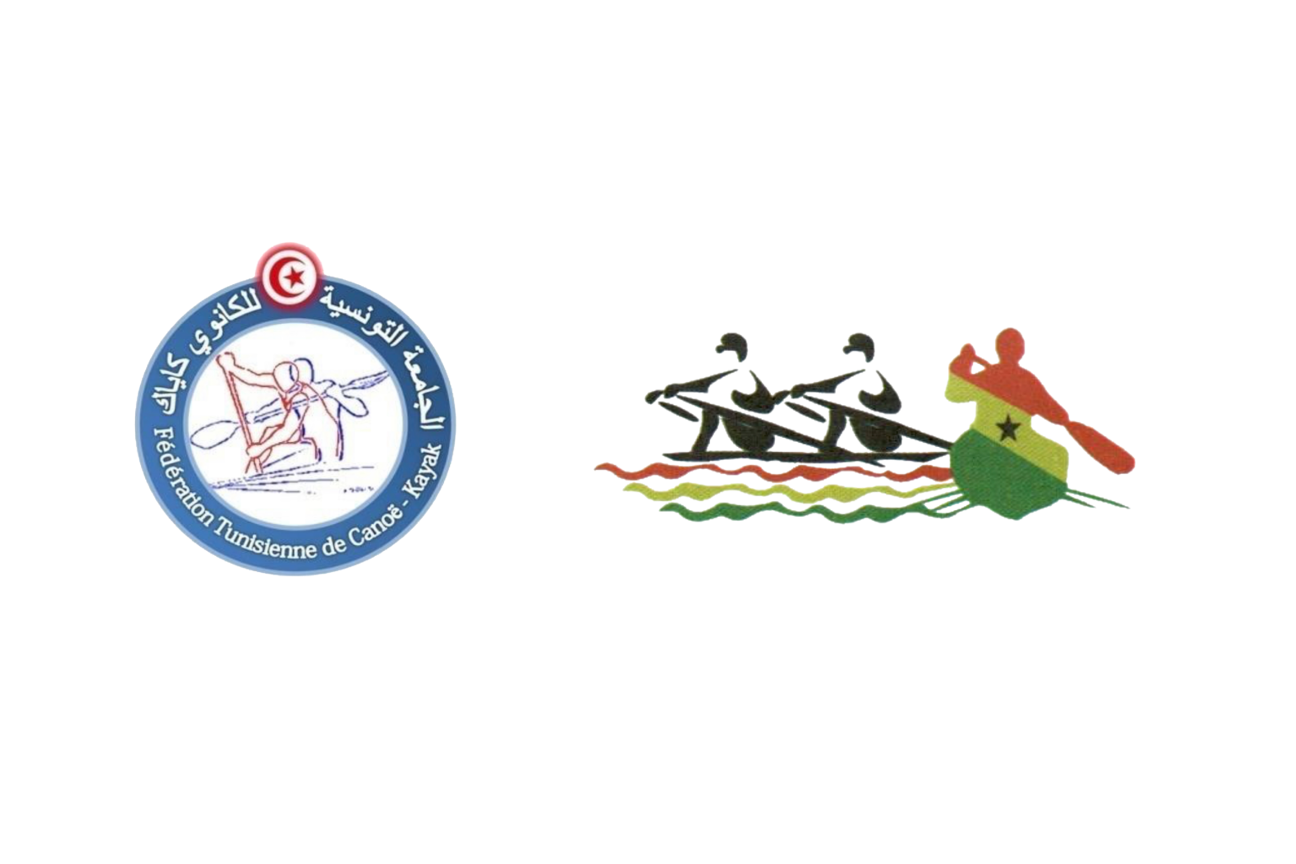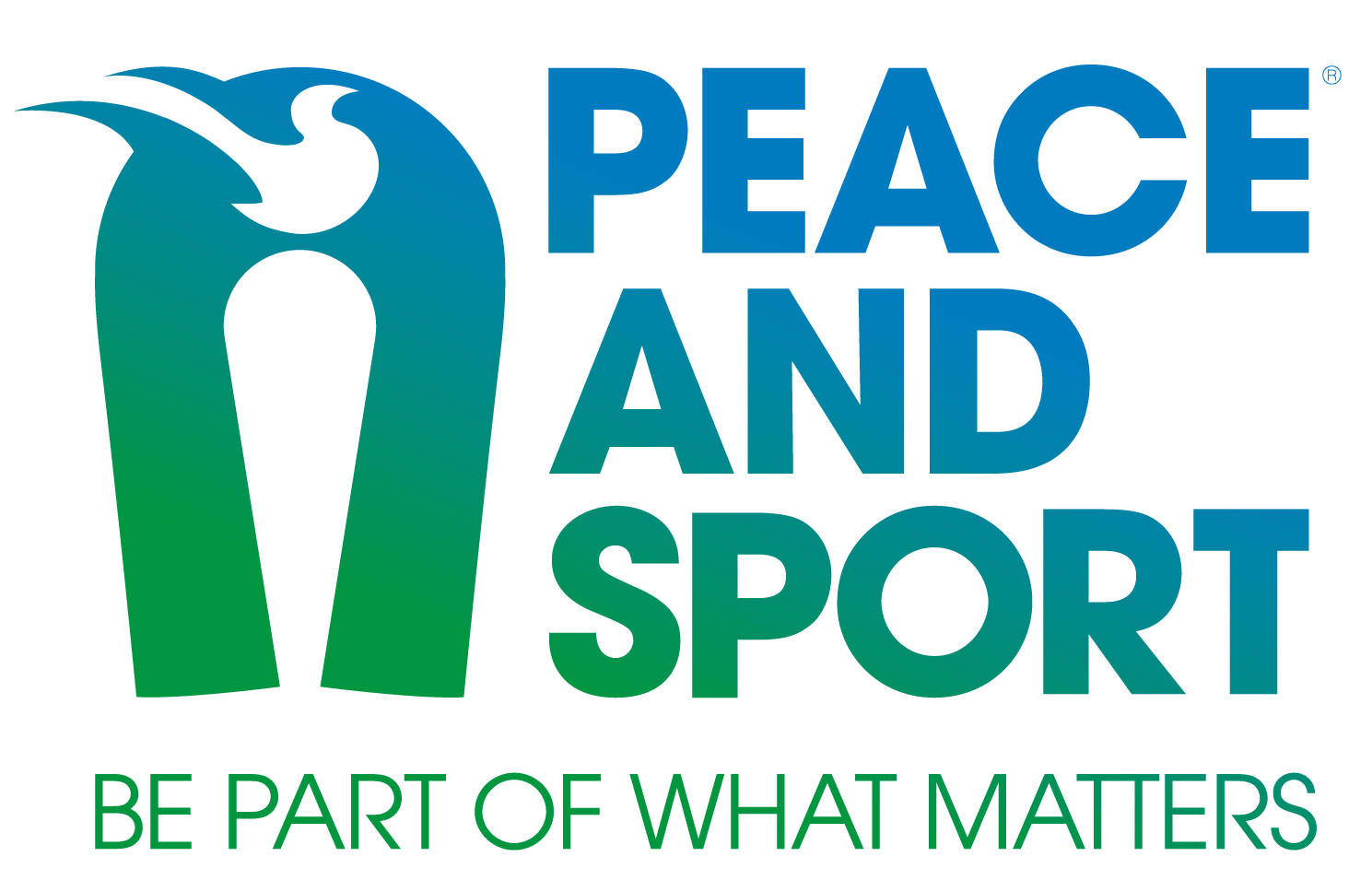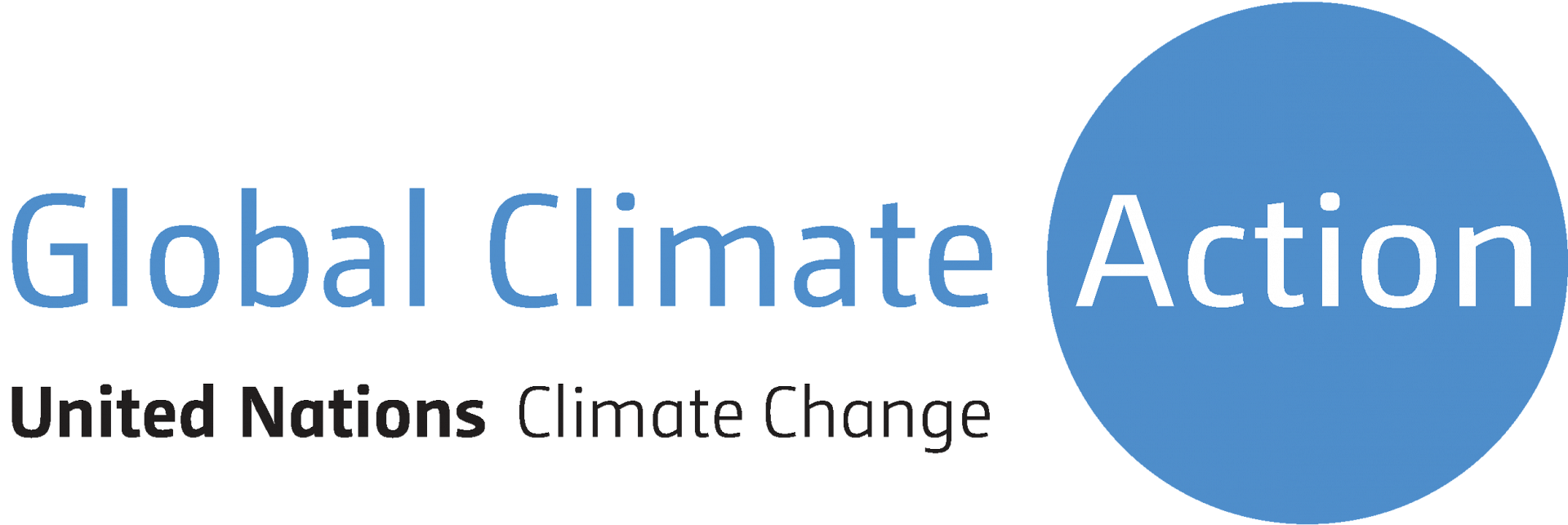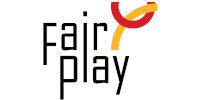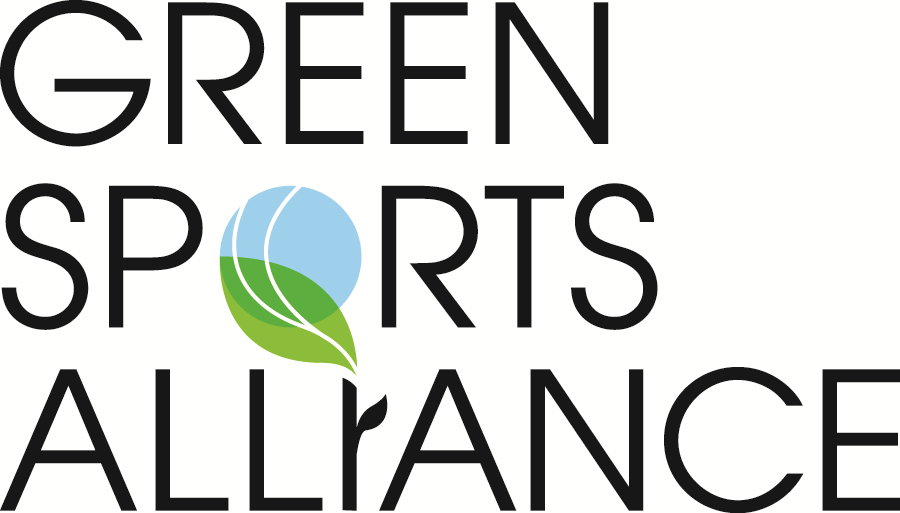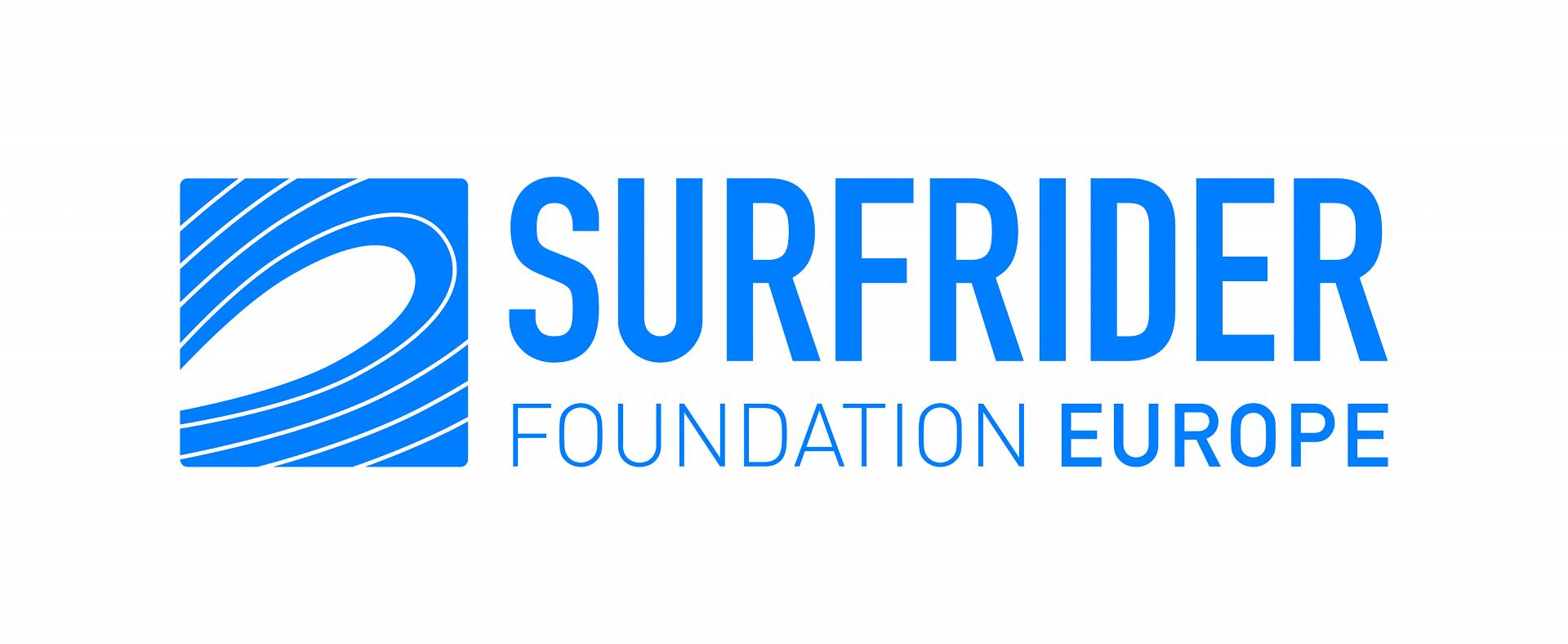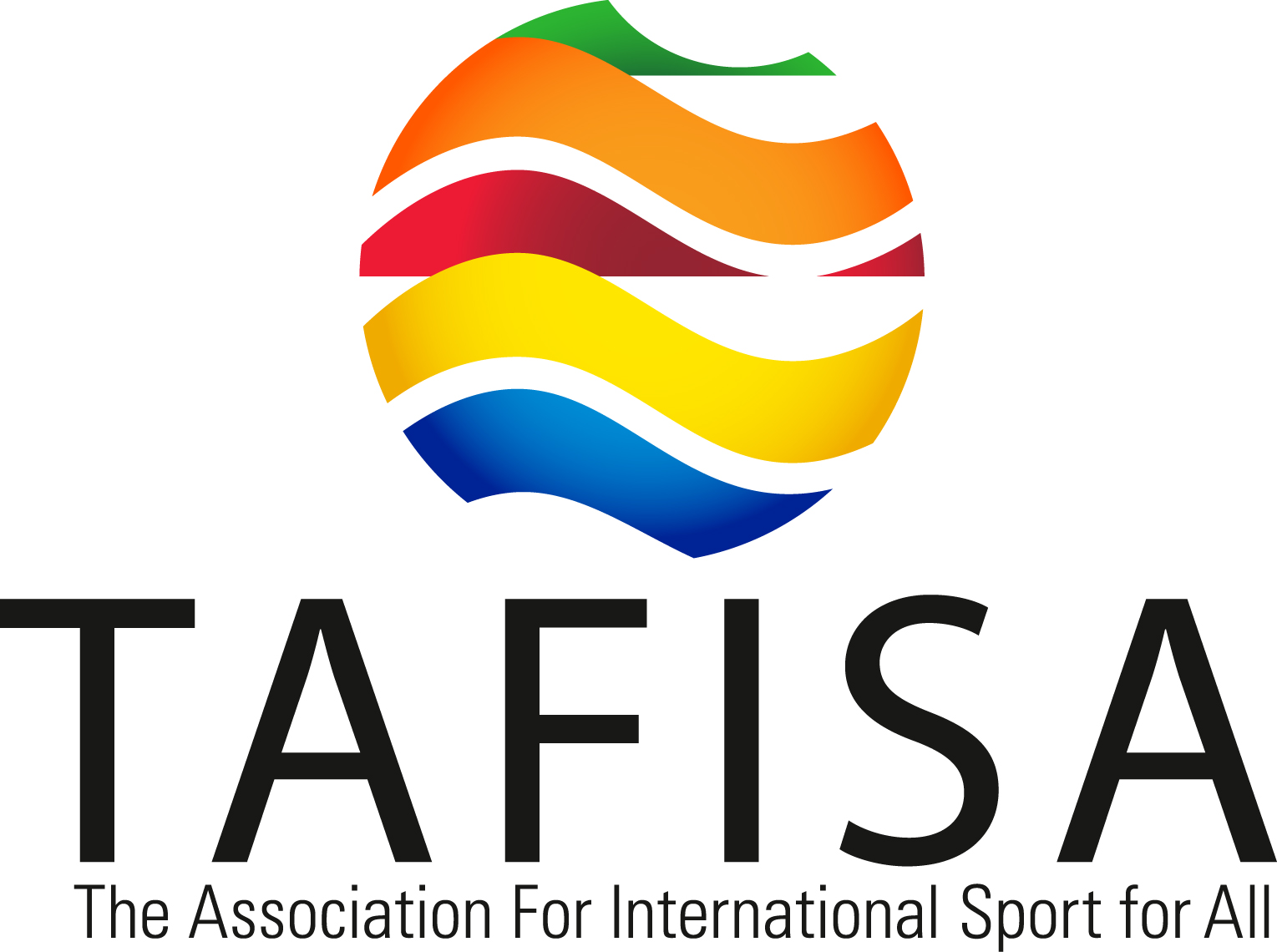For the first time in ten years the Bulgarian Rafting Federation has a new chairman. His name is Tsvetan Petrov, chief international rafting judge, civil aviation pilot and Airbus 320 crew commander. His experience in rafting began about twenty years ago when he went on a student brigade in Alaska. There, in the world’s Mecca of Rafting - the Nenana River in Denali National Park, he received his professional rafting training. Coming back to Bulgaria he made the first pontoon dowriveron the Strumain the famous Kresna gorge and later trained most of the rafters that now work on the river.
- Mr. Petrov, BRF has become one of the founding members of the WRFa year ago, and you are the Chairman of theBulgarian Rafting Federation already for a month. What are the plans of the new leadership?
- There are large scale and difficult tasks ahead of us, but we are very optimistic, even more so that we have been waiting for a year the old leadership to withdraw and give us the authority to function. We feel very encouraged by our international partner (WRF), whose leadership is also new and young .I would say that during the last 10 years, much more could have been done for the Bulgarian rafting, but I'm sure we will catch up now.
- What are your most important tasks?
- First and foremost, we have to renew the federation's license, as required by the new law on youth and sport. Secondly, with the help of the WRF, Bulgarian instructors will be able to train and license Bulgarian river guides and coaches, which has not been done so far. Thirdly, the profession of river guide has not yet been recognized by the Ministry of Laborand social policy, because nobody has been working on this issue. That is what should be donetoo. But meanwhile, we need to make a federal logo, a new website, to work out and accept new rules, regulations and ordinances, and to do everything necessary in order to be in line with our senior leader, namely the World Rafting Federation.
- What about the development of the paralympic rafting?
- The problem is that nobody in our country has ever worked in this direction as well as in many others. We should start participating in international projects, you know there are so many projects financed by the European Union. The Bulgarian Ministry of youth and sport offers also numerous opportunities for international and local activities. Further and very important task is to develop the work with children and young people. At the moment, 3 clubs have been engaged in working with adolescents. Rafting, for example, can be made an extracurricular form in schools that are close to whitewater rivers. This means that we have to sign agreements for cooperation with the local municipalities on the win-win principle, so that the whole local community become involved and children get on and start practicing rafting.
- How do you plan to work with the rafting clubs?
- In our country, clubs have been struggling to survivesince their birthday. There are still clubs that do not compete - those who have not seen any benefit from being a member of the federation. Or have not been invited for members. My goal as a chairman is to pull them together and to make a strong and cohesive federation.We now have 13 clubs, our desire is to be 20 very soon.
- Is there a competition between the clubs when we talk about commercial rafting?
- Each club offers a different experience, whether the river is Struma, Danube, Arda or Chaya. Competition exists when the level of each club is standardized, that is, they are all very good. And this can be achieved by participating in international competitions.Therefore I would like all our clubs to take part at the competitions, organized by WRF and step by step to find their place among the best in the world.
This email address is being protected from spambots. You need JavaScript enabled to view it.


